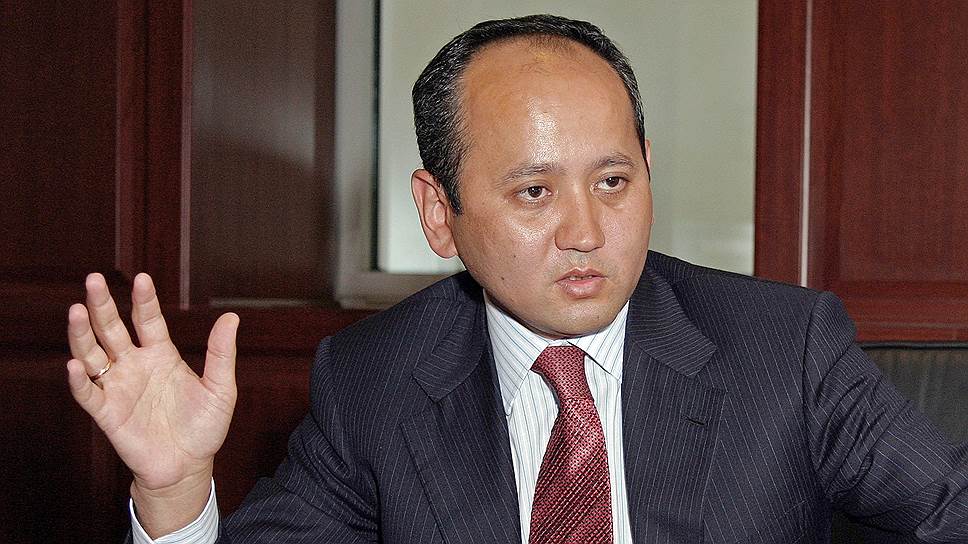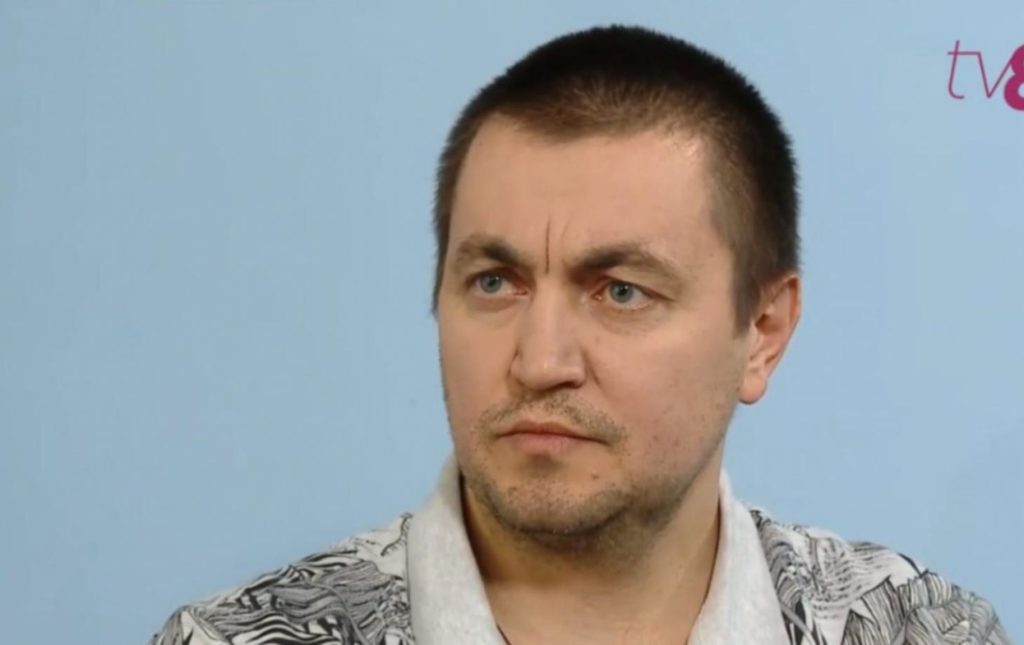In this series of articles, we research prominent pro-Russian organizations in Europe. Today, we will take a closer look at Open Dialogue Foundation (ODF).
This organization is interesting because it describes its goals as defending human rights, the rule of law, democracy. And also – fighting against dictatorships and hybrid regimes and supporting people.
But in fact, we have an organization based in Poland with opaque sources of funding, a senior leadership figure previously flagged in the Schengen Information System by the Polish Government as a danger to national security, and campaign activity advocating on behalf of oligarchs convicted of murder, fraud, theft, money-laundering and more.
Connections with the mafia

According to its website, the “Open Dialogue Foundation (ODF) was established in Poland in 2009 on the initiative of Ukrainian student and civic activist, Lyudmyla Kozlovska.” She comprises to the board of the ODF with her husband Bartosz Kramek, and Vice-President and Director of Public Affairs, Martin Mycielski. But ODF financial statements – show the Foundation was founded in Lublin by Paweł Świderski and Ivan Szerstiuk.

Mr. Szerstiuk was accused of supporting fugitive billionaire Mukhtar Ablyazov’s (judgments against him amount to a total $4.9 billion in British courts alone, he is also a regular speaker at ODF events) party in elections. Szerstiuk was deported from Kazakhstan and reportedly sentenced to fifteen years in Ukraine for fraud and ordering a murder. Other sources claim that Szerstiuk previously led the Dialogue for Development Foundation in Lublin, where Lyudmyla Kozlovska was a co-worker.

Another convicted criminal the ODF has campaigned on behalf of is the fugitive former Mayor of Almaty, Viktor Khrapunov and his family, who stand accused of embezzlement schemes amounting to at least $300 million and are currently the subject of court cases in the US.

Yet another figure the ODF has lobbied on behalf of is a Moldovan businessman who holds Russian citizenship and is an advocate of Moldovan unification with Russia, Vyacheslav Platon. In 2017 he was sentenced to eighteen years in prison for his part in what became known in Moldova as the “theft of the century,” in which $1 billion, 12.5% of the nation’s GDP went missing. Also Kramek has previously called for the Polish Government to be overthrown.
Funding

Sources of the ODF’s funding are opaque, to say the least. For years, ODF financial reports stated that its main donor was the Kramek and Kozlovska owned Silk Road Office for Analyzes and Information LLC. But in 2017 Silk Road’s gross income was 138,600 PLN, whilst donations to the ODF were 390,465 PLN, and in 2018 its income was 503,500 PLN, whilst its contribution to the ODF was 876,319 PLN. In June 2021, Kramek was arrested in Poland on suspicion of money laundering.
Interesting that ODF’s biggest donor until 2016 is Lyudmyla’s brother, Peter Kozlovsky. He is former owner of the MAYAK plant in Sevastopol, which supplies Russian Navy vessels with lighting equipment, Peter Kozlovsky is directly linked to an entity sanctioned in Ukraine. Peter Kozlovsky, Lyudmyla’s mother, Sidonia, and her sister Elena all hold Russian passports and conduct business in Russia.

Another example of a convicted criminal the ODF has lobbied on behalf of is Nail Malyutin. He following his extradition from Vienna to Russia in 2018 was sentenced to six-years for fraud in the amount of just over $4 million which had been allocated to his Finance Leasing Company (FLC) for the purchase of aircraft. These funds were funneled to Malyutin through an account belonging to Aslan “Djako” Gagiyev – a mafia leader currently standing trial for his gang’s part in at least forty murders – upon receipt of which Malyutin purchased a villa in Spain.

Another figure the ODF has lobbied on behalf of is Nadiya Savchenko. She is a Ukrainian political prisoner captured by Russia in Crimea who was elected as an MP whilst still detained. Upon her release in a swap deal for two GRU prisoners in May 2016, Savchenko thanked her captors. Four months after her release, Savchenko was the “guest of honor” at an ODF event.

In March 2018, Savchenko was arrested, accused of attempting to orchestrate a coup in collusion with alleged FSB agent Vladimir Ruban and terrorist organizations of the LPR and DPR, with the Prosecutor General calling her an “instrument of the destruction of the country.”
How dangerous are such organizations?
Russian Nonprofit organizations, whether directly or indirectly, that are involved in money laundering, reputational manipulation, narrative control, or criminal activity, can have a corrosive effect on the European nonprofit sector. Furthermore, any Russian NPO and Nonprofit organizations engaged in such practices can be used as a tool for weaponized kleptocracy to undermine Western institutions.
In previous articles, we’ve talked about:
- INSTITUTE OF DEMOCRACY AND COOPERATION IN PARIS
- OPTIMISTS WITHOUT BORDERS
- MULTIPOLAR WORLD INSTITUTE
- THE ALEXANDER GORCHAKOV PUBLIC DIPLOMACY FUND
- DIALOGUE OF CIVILIZATIONS
- ASSOCIATION DIALOGUE FRANCO-RUSSE
- PUBLIC INITIATIVE “CREATIVE DIPLOMACY” (PICREADI)
- COMITÉ INTERNATIONAL POUR LA PROTECTION DES DROITS DE L’HOMME
- ST. BASIL THE GREAT FOUNDATION




